Every Saturday from 8 a.m. to noon at Bishop Park and from 5-8 p.m. Wednesdays at Creature Comforts, vendors prepare their tents with local produce, organic honey, artisanal soap and handcrafted jewelry to sell to the oncoming crowds of local Athenians.
Established in 2008, the Athens Farmers Market has operated under a simple and sincere motto: “Simple, Organic, Sustainable.” The farmers market, originally created by two University of Georgia graduates, was created to bring the Athens community together under a shared love of sustainable shopping.
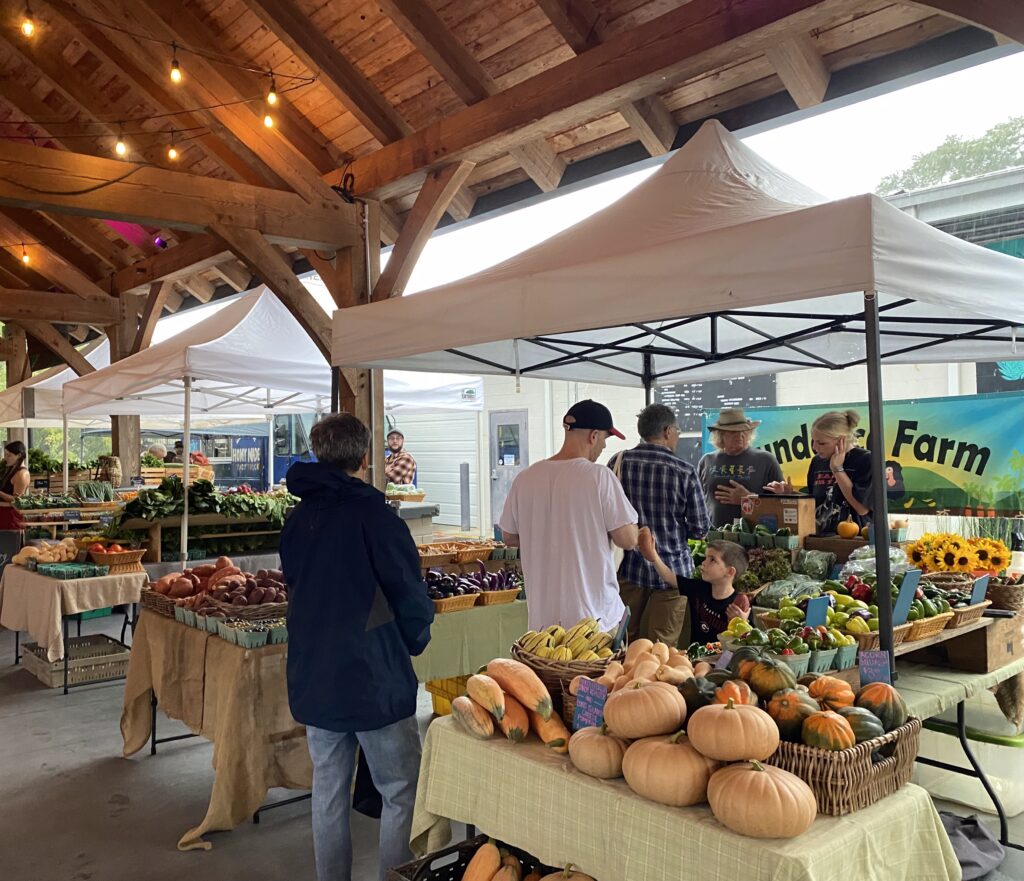
Lily Alarcon, a fourth-year student at UGA and consistent patron of AFM said she continues to support AFM because of her commitment to implementing sustainable life practices.
“I love the aspect of community it brings and supporting all the local vendors,” said Alarcon.
Since its inception, Athens Farmers Market has far exceeded its original structure of small popup market held in the courtyard of Big City Bread Co. Athens Farmers Market now has over 30 vendors consisting of renowned farmers, artists and chefs and thousands of weekly shoppers.
Athens Farmers Market guarantees to its shoppers that its produce is sustainable and locally sourced. They guarantee this through the three guidelines all vendors must meet in order to sell product at AFM: farmers must grow everything they sell, they must practice under USDA-certified organic rules, and they must grow within a 25-county region.
Promise of Fresh Produce
These strict guidelines are a rare promise consumers are ensured in today’s fast production market. About 60% of food consumed in the U.S. is processed in some form and 94% of American households purchase frozen vegetables or fruit. Recent data from the CDC states that 10%of Americans consume the recommended amount of fruits and vegetables daily to have a balanced diet.
AFM takes the promise even further, ensuring that all products are not only locally sourced but are sourced by vendors who executives at AFM know by name.
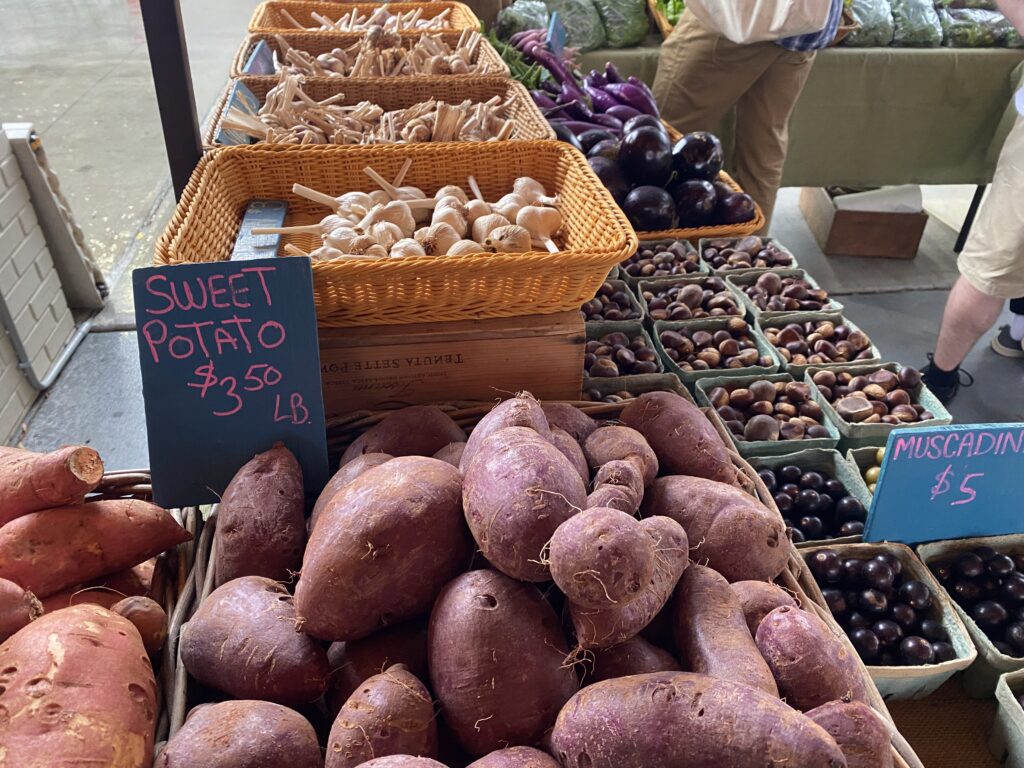
AFM found a reliable and community centered solution to this crisis that not only encourages Athenians to eat local produce, supporting surrounding farmers, but also brings the community together weekly.
Engagement in Sustainable Practices
While AFM originally set out to be a farmers market of fresh products and produce, the creation of the farmers market became a catalyst for community engagement in issues concerning sustainability in Athens.
Elle Lewis, owner of Absynia, an Athens-based handmade jewelry company, emphasized how AFM encourages the success of businesses who use sustainable practices. Lewis makes all of her jewelry by hand, ensuring ethical labor practices. She also upcycles all of the materials she uses to create her jewelry, down to the chains of the necklaces.
“It helps bring an audience to sustainable fashion as well as people who would be willing to pay for locally grown people,” said Lewis.
Choco Pronto, an Athens coffee shop and a vendor at AFM shared the sustainable practices their business has implemented in order to become more eco-friendly.
Toni Hunlen, an employee at Choco Pronto, detailed the meaningful strides taken behind the scenes to reduce their carbon footprint.
“We try to use all sustainable products as far as cups, straws. We try to make sure we compost our grounds as much as we can when we’re roasting cacao,” said Hunlen.
He emphasized AFM’s specific intention of allowing vendors who use sustainable practices to participate in the weekly farmers market in order to promote their success and encourage customers to shop sustainably.
“I think they do a great job about it,” said Hunlen.
With only 12% of businesses classifying sustainability as a priority, the challenge of promoting sustainable practices in a feasible and equitable way is one AFM is ready to confront.
Alarcon, one of many frequent patrones of AFM, highlighted how food waste is prevented via the vendors at AFM, emphasizing the different avenues in which the farmers market encourages sustainability.
Food waste is one of the largest contributors to greenhouse gas emissions as when food decomposes in the landfills, it releases methane which traps heat in the atmosphere, heating up the planet. Producing excess food also utilizes essential natural resources such as land, water and energy leading to drought, deforestation and loss of natural biodiversity.
“I feel like they are trying not to waste food that they grow on the farm,” said Alarcon.
By choosing to shop at local farms who produce only to the community needs, there is significantly less food waste, decreasing the overall adverse impact excessive agricultural practices can have on the environment.
While shopping locally greatly benefits both the community and the environment, it can place financial stress on consumers. Businesses who utilize sustainable practices, produce natural and locally grown products, and fund the entirety of their operation at times, must increase their prices above that of market value in order to offset other costs. This can deter shoppers from events such as AFM for fear of high prices.
Local Vendors
While every Saturday and Wednesday host differing vendors, sellers from all neighboring counties, large and small, gather together to promote their businesses and advocate for fresh and sustainable shopping.
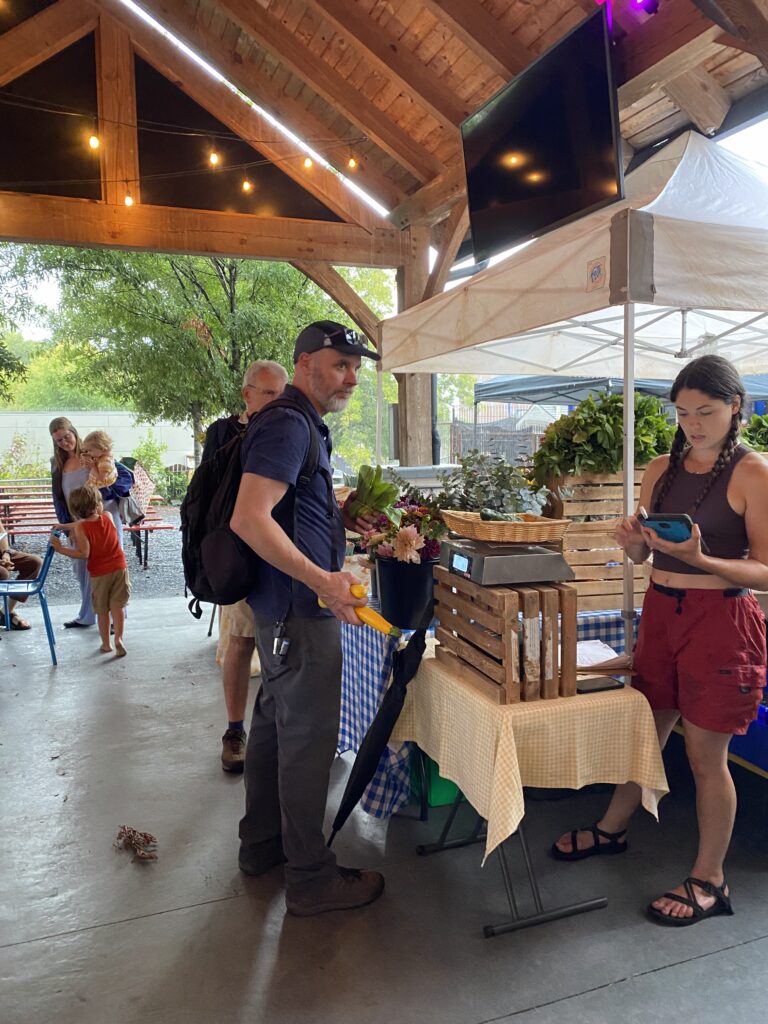
Some vendors consistently present at the farmers market include Hamner’s Farm, a local beef and pork production company located in Martin, Georgia; Ceylon Snack Hut, a Sri Lankan cuisine restaurant based in Athens and Watkinsville; Farmington Herbals, a natural soap and skincare producer based in Farmington, Georgia and Cedar Grove Farm, a produce supplier for shoppers from Stephens, Georgia.
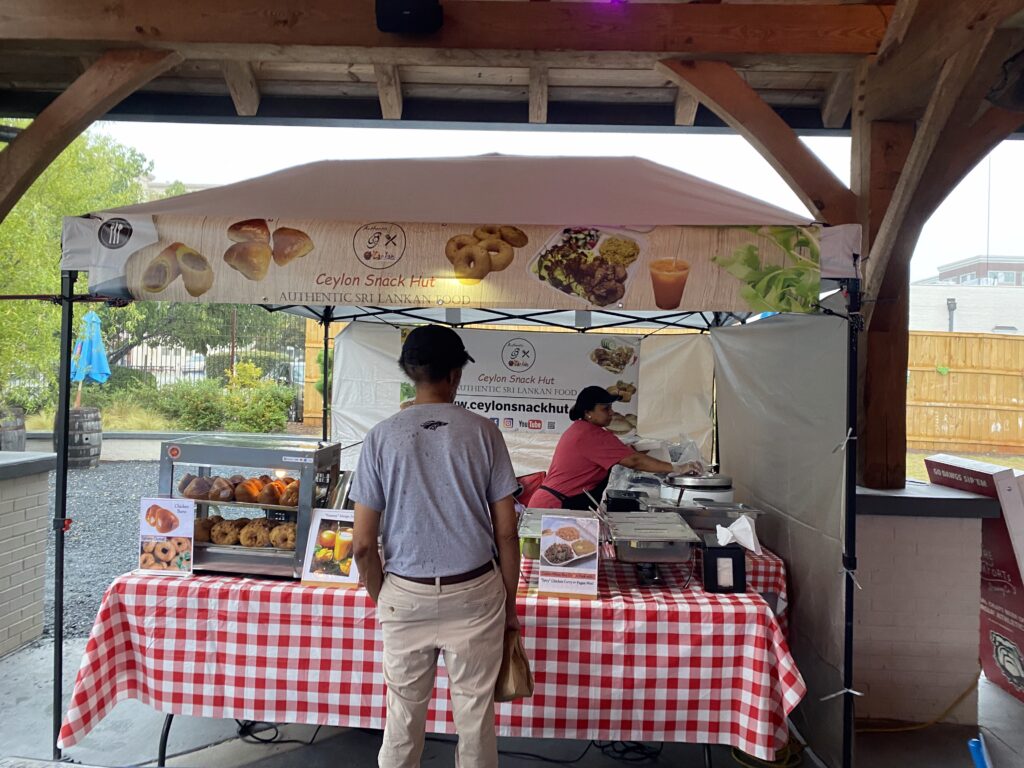
Athens Farmers Market has grown exponentially since it first began almost two decades ago but its values have remained the same, to foster a tight-knit community within Athens and encourage sustainable practices for all shoppers.
Abbey Malec is a senior majoring in journalism and psychology at the University of Georgia.





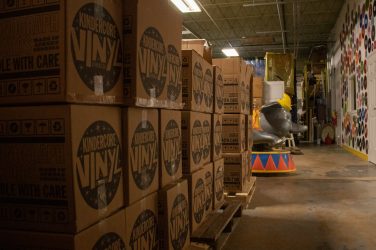


Show Comments (1)